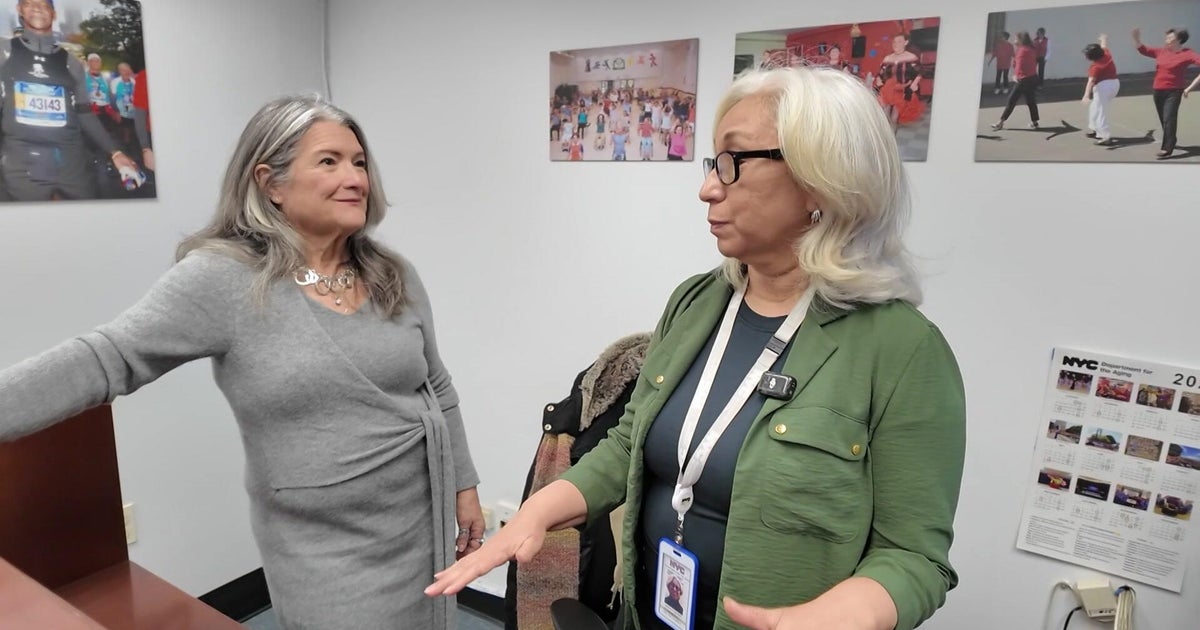COVID-19's impact on young people "worse than the very worst of the AIDS epidemic," doctor says
Young adults may think their age group isn't at risk from COVID-19, but new research suggests that idea is dangerously mistaken. Deaths among people age 25 to 44 climbed to historic highs in the first few months of the pandemic, and July may have been the deadliest month for young adults in modern American history.
According to the analysis published in JAMA, the Journal of the American Medical Association, from March 1 to July 31, 2020, there were 11,899 more deaths from all causes than would normally be expected in that time period among U.S. adults aged 25 to 44 years. July saw a total of over 16,000 deaths in that age group, compared to a normal July average of about 11,000.
Dr. Jeremy Samuel Faust, an emergency medicine physician at Brigham and Women's Hospital in Boston, was one of the authors of that study and also co-wrote an op-ed about it for The New York Times entitled "People Thought Covid-19 Was Relatively Harmless for Younger Adults. They Were Wrong."
He told CBSN that the rate that young adults are dying amid the pandemic compares to another devastating period: the peak of the HIV/AIDS crisis.
"Every month is actually worse than the very worst of the AIDS epidemic that we experienced for this younger population, which I think is something most people haven't gotten their minds wrapped around yet," Faust said.
In 1995, HIV infection was the leading cause of death among Americans ages 25 to 44 and accounted for 19% of deaths from all causes in this age group. At that time there were about 13,000 young Americans dying per month, Faust said, "And we have just gone right past that this year. And it was not just because the population is bigger; it's actually very similar in that age group. So now we've got 16,000 [deaths per month]; 15,000 in the fall."
Faust said despite these alarming numbers, the demographic most affected by COVID-19 remains those age 65 or older. The death rate for the elderly is multiple times higher than for younger people. But thousands of young adults are still dying from it. And the alarming number of cases nationwide means it's just a matter of time before most of us know someone who has contracted COVID-19.
"You might not know anyone who's had it yet, depending on where you are in the country, but once COVID has reached your region of the country, then you know more than one person," he said. "It's one of those things, by the time you know someone, you will have wished you didn't, because it will be everywhere."
A second coronavirus vaccine, from Moderna, could start rolling out in the U.S. next week, and just like Pfizer's vaccine, health care workers and other high-priority recipients will be first in line to receive the shots. Young people who are considered healthy would not be on that priority list, but they are the group considered to be "silent spreaders."
"It's a big deal because we are saying, this is the age group who is going to have to wait the longest for the vaccine… has the biggest chance to spread it to other people who are not yet vaccinated, and also themselves really do have a real risk of having serious illness," Faust said.
So while young adults wait their turn for the vaccine, Faust said it's up to them to think of the choices they are making and the impact it could have on their grandparents, parents, peers — and on their own lives.
"Early on in this crisis ... the message to young people was, You can spread it silently to someone who can't afford to have it. So, don't think about yourself, think about the person who you could infect, who you will never forgive yourself for if you lost them because of that. That's really been a message that we have been trying to put out there for a long time.
"But with this new data that we published, it's that and more. It's that and also: It could be you."



